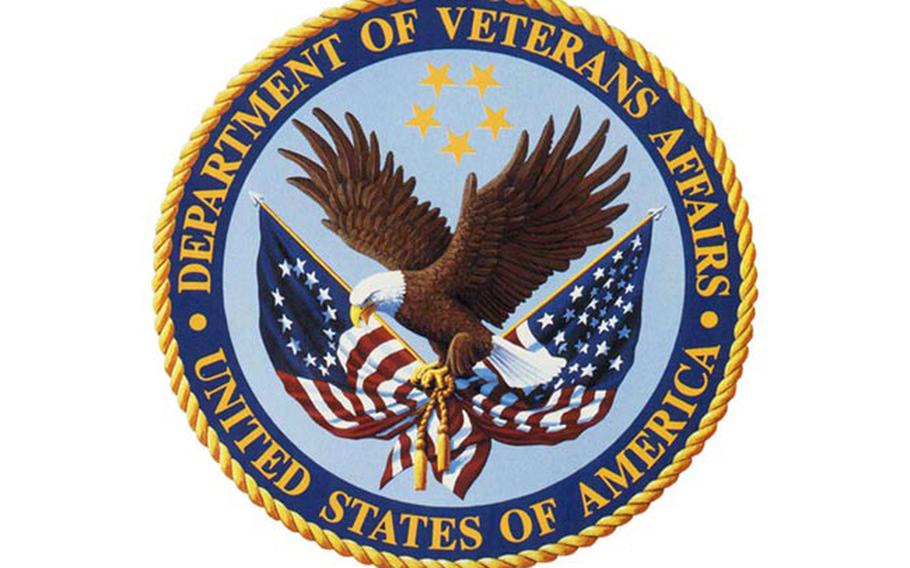
()
WASHINGTON — The Department of Veterans Affairs will be spared when sequestration hits March 1.
But veterans will not.
Despite assurances that veterans benefits and services will be exempt from the budget cuts, veterans and their families will share the suffering along with military counterparts. The result could mean more homeless veterans, less help for those looking for work, and tens of thousands of furloughed veteran struggling to make ends meet.
“There’s a very large concern about the secondary effects (of sequestration) on veterans programs nationwide,” said Joe Davis, spokesman for the Veterans of Foreign Wars. “We still don’t know all the ways veterans might be hurt.”
VA programs and payouts are exempt from the mandated spending cuts. White House and department officials have promised that that disability benefits, veterans education funds and health care services will continue uninterrupted.
But VA Secretary Eric Shinseki has warned on several occasions that everyone in America will feel the effects of sequestration, including veterans. Department officials have deflected questions about specific hardships facing veterans, but other agencies have detailed where the problems will emerge.
About 350,000 veterans work for the Defense Department, comprising about 44 percent of the civilian workforce. Nearly all of them will face once-a-week furloughs starting in late April, as the Pentagon tries to make up a multibillion-dollar shortfall in funding between March and October.
The weekly furloughs represent a 20 percent loss in pay for veterans, many of whom re-entered the federal workforce assuming their paychecks and job stability were guarantees.
Tens of thousands of veterans working in other state and federal agencies could face pay cuts as well. The U.S. Customs and Border Protection agency has announced planned furloughs of up to 14 days to help fill their sequestration-mandated cuts. More than one in four employees of that agency are former military.
And veterans without jobs will likely have a more difficult time finding one.
Department of Labor leaders said the transition assistance program – which includes Labor and defense department funds – will have to reduce operations, leaving soon-to-be veterans underprepared for a return to civilian life.
The Veterans Employment and Training program will lose about $4 million over the next six months, and state grants for veterans jobs programs will also be reduced.
That’s a significant blow at a time when unemployment among Iraq and Afghanistan era veterans remains well above national rates. Nationally, more than 844,000 veterans were out of work last month, according to the Bureau of Labor Statistics.
In addition, officials from the Department of Housing and Urban Development earlier this month said sequestration would slash housing vouchers and rental assistance programs for about 125,000 individuals, including veterans.
That money – designed to keep unemployed and underemployed individuals off the street – won’t be available to provide a safety net for financially troubled veterans. HUD officials said the cut could jeopardize the White House goal of ending veterans homelessness in the next two years.
Even many protected veterans initiatives will be hit with collateral damage.
Louis Celli, legislative director for the American Legion, said medical records sharing and suicide prevention programs run jointly by the military and VA will be pinched because only the VA money will be protected. Pentagon programs will see funding cuts just like all other defense accounts.
VA hospitals and physicians won’t be affected, but military doctors will. For tens of thousands of veterans still receiving health care through Tricare retiree offerings, that will mean the same longer waits for appointments and reduced care that is facing military members.
Ultimately, that could end up forcing more veterans into the VA health care system, adding pressure to the taxed system.
“As long as veterans are still tethered to the Defense Department, we are all going to feel the effects,” Celli said.
None of those problems address the long-term effect of sequestration, which Davis said could lead to flat or lower VA budgets for years to come.
Earlier this month, a coalition of veterans groups offered their hopes for the fiscal 2014 VA budget, lobbying for a 7 percent increase in department discretionary funding next year. That includes almost $1 billion in construction projects alone, which groups say is overdue and needed but also unlikely, given the national financial constraints.
shanel@stripes.osd.mil Twitter: @LeoShane